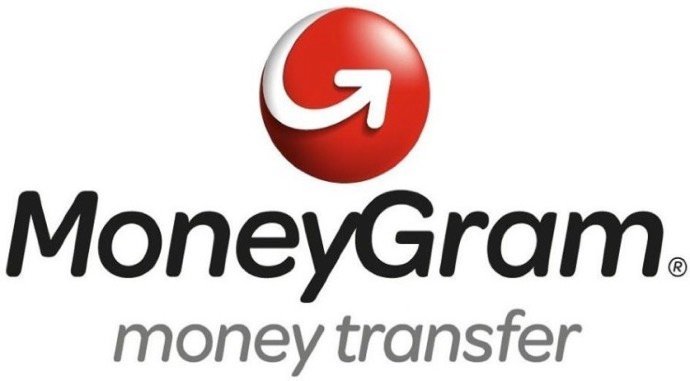Ripple is really two things, part software platform and part cryptocurrency. This is why it can be hard to understand. So let’s take each part separately.
Ripple is, first and foremost, a protocol for interbank money transfers. It doesn’t involve ordinary people, only banks that send international money transfers – Ripple makes doing this a lot cheaper than the old-fashioned way, because it is open-source and uses blockchain.
“Tell us where you want to send payments – we’ll connect you,” says the Ripple website explaining the company’s mission.
What Ripple has is a distributed, public database which powers a currency exchange platform. Send a dollar to Ripple and it will change it into any currency – literally any existing fiat currency – by exchanging it first into the Ripple cryptocurrency which is called XRP.
- What is a Fiat Currency? read more.
XRP, a crypto-currency similar to Bitcoin is the second part of Ripple. It too functions via blockchain.
Ripple finds the cheapest way to change that dollar into, say, a British pound, and its algorithm will literally check through the entire multi-trillion dollar foreign exchange market in order to do it.
When you use Ripple, you take no risk of losing your money – there is no “counterparty risk” because the transaction is handled by the blockchain, so no people or businesses involved – it’s mathematics- and consensus-based. Its consensus ledger is distributed just like the bitcoin ledger.
What is also great about Ripple is that any transaction clears in less than 4 seconds. Bitcoin exchanges take a lot longer!
There’s no mining XRP, meaning no more can ever be created since the first 100 billion were made. Most of these still belong to the Ripple owners, and that’s a slight problem, because they can use their holdings to affect the price of XRP (now worth about $0.20).
All of this, however, is at the service of businesses, brokers and banks who use Ripple to move money around the world faster and more cheaply than before. About 15 of the world’s biggest banks currently use the technology, including Banco Santander, UBS and the National Bank of Abu Dhabi (one of the biggest in the Middle East). Ripple says that this is because it is one-third cheaper than the SWIFT system that banks have been using for many years.
Ripple was founded by fintech veteran Chris Larsen, who also founded the lending services companies E-Loan and Prosper. In 2012 he teamed up with financial engineer Jeb Mcaleb, who founded the important Bitcoin exchange Mt. Gox, and started the company Opencoin, which eventually gave birth to Ripple.
In 2016, Ripple raised $55 million in fresh capital. Investors include Standard Chartered, Accenture Ventures, SCB Digital Ventures, the venture arm of Siam Commercial Bank, and SBI Holdings—banks and consultancies that plan on using the product.
Ripple’s plan is to use the money to grow it’s global network beyond the banks already using it. Ripple has also signed partnerships with two of the Big Four audit firms Accenture and Deloitte, each of which could encourage their banking clients to sign on with Ripple. The company is also working with U.K payments network Earthport, which aims to better connect major world banks, and CGI, a firm that has integrated Ripple into a payment gateway for financial services clients.
Many banks are still hesitant with blockchain technology, because the regulators haven’t yet taken a clear position on it. This is holding up the growth of Ripple’s money transfer platform. But blockchain is becoming ever more influential, and ever more accepted, and Ripple is well-positioned to make use of its growing acceptance.






